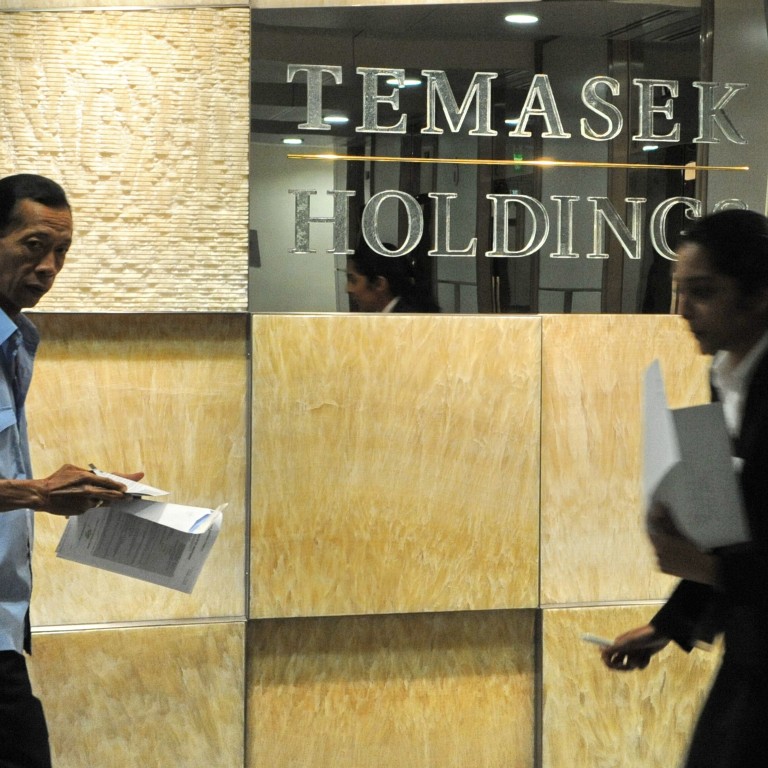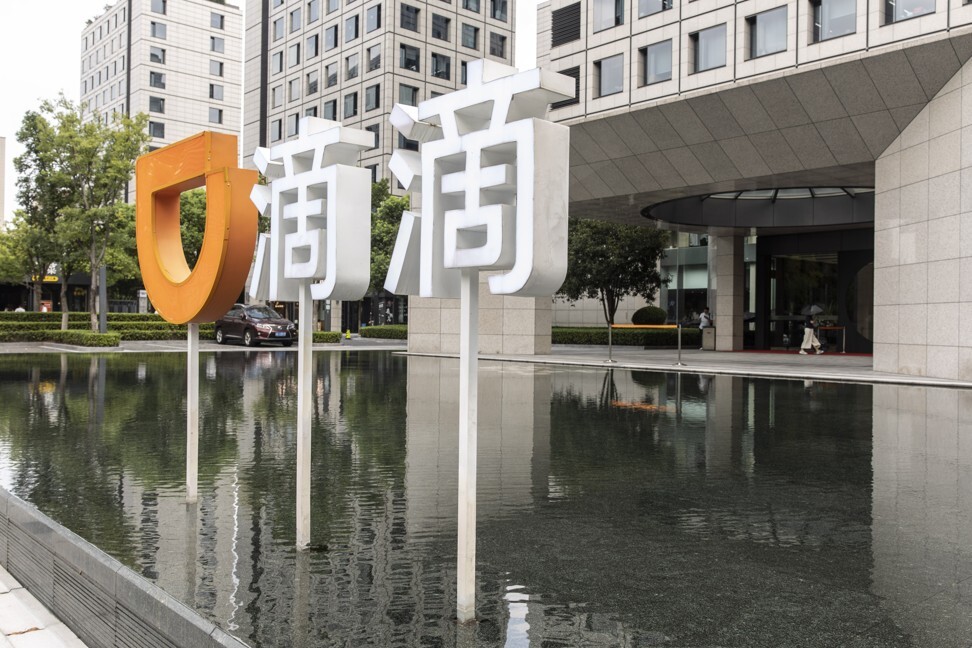
Temasek walked into market minefield last quarter with new bets on Chinese education stocks, Didi Global before July slump
- Singapore’s state investment arm initiated four new positions in Chinese companies, mainly education stocks, plus a stake in Baidu and Didi Global
- These companies suffered among the fiercest sell-offs this year in July when China began probing data security breaches at Didi Global
These companies suffered among the fiercest sell-offs this year in July when the Cyberspace Administration of China began probing data security breaches at Didi Global within hours of its NY listing on June 30. Education firms also slumped in July, after the Chinese government widened its scrutiny and slammed for-profit after-school tutoring businesses, sending stocks in the sector into a nosedive.

“Didi‘s previous disclosure indicated that we, as an existing investor, had participated in the company’s IPO,” Temasek said in an email on Tuesday in response to questions from the Post. “Our investments around the world are guided by an intrinsic value test where we invest against a risk-adjusted cost of capital.”
The firm declined to comment whether those stakes have changed materially since June 30, pointing to its investment review issued last month. That review indicates Temasek’s interest in education stocks may have been bigger.
“In China, we invested in companies riding on the digitisation trend. As demand for online education services increases, in part due to the pandemic, we invested in Trustbridge Global Media, an online children’s content platform,” it said in the review. Other stakes included Tezign, a creative cloud platform and Didi Freight, a digital truck matching platform.
“Beijing does not see most online platforms as contributing much to the economy,” according to analysts at BCA Research. “What they do see are companies with the potential to undermine the authority of the Communist Party. In the case of online education providers, reduce the birth rate by burdening parents with high educational expenses.”
Temasek’s 13F filing on Monday listed investments in at least 13 Chinese companies. Among the biggest bets, the investment firm trimmed its stake in Alibaba Group Holding, the owner of this newspaper, for a second straight quarter.
It bought more of the securities of Pinduoduo, Beigene and TAL Education and exited from China Biologic Products. It maintained its stake in Tencent Music Entertainment, Gracell Biotechnologies and ZTO Express.
Temasek had about 27 per cent of its cash invested in China in March, the biggest allocation by geography outside its home base, according to its March review. They included minority stakes in Hong Kong-listed shares of China Construction Bank, ICBC, Ping An Insurance, Kuaishou Technology, Meituan, Tencent Holdings and WuXi Biologics.

